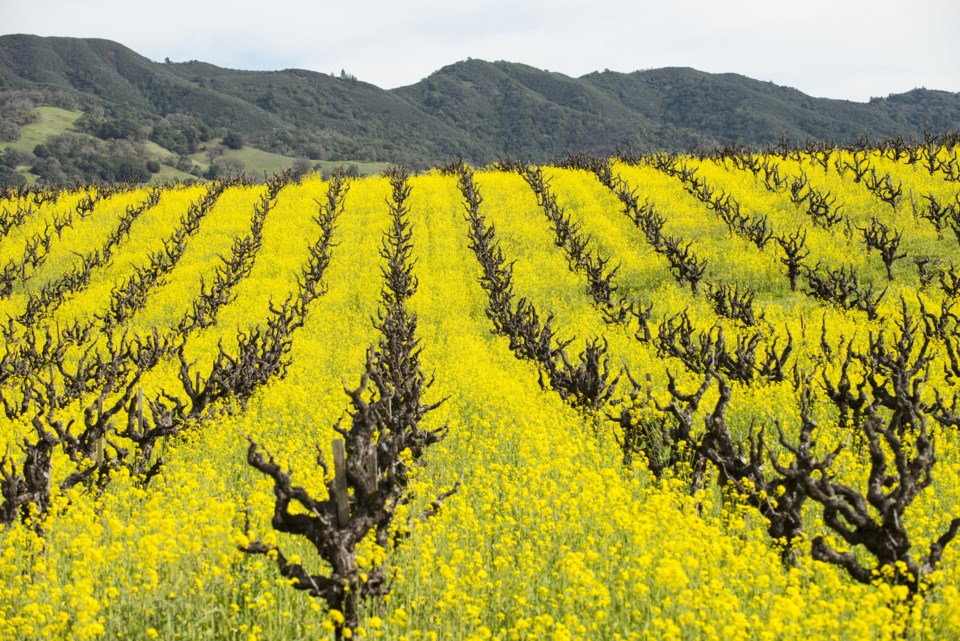NEWS RELEASE
GRAND RIVER CONSERVATION AUTHORITY
*************************
Keep it simple, and keep an open mind. This was some of the advice provided by local producers, who participated in the Grand River Conservation Authority’s Rural Water Quality Program (RWQP) and received an incentive payment this spring for their overwintering cover crops.
The program offers an incentive of $100 per acre on up to 30 acres per applicant, in Waterloo Region and Wellington County.
“The benefits of a cover crop are numerous: it can reduce erosion, build better soil structure and increase soil moisture retention potential – an important benefit for dry growing seasons like this one,” says Louise Heyming, Supervisor of Conservation Outreach at the Grand River Conservation Authority (GRCA).
Cambridge-area producer Mark Hermann is one farmer who is pleased with the effect of cover crops in his fields.
“We always get a better yield where we’ve used cover crops. They improve the water holding capacity of the soil, but they also hold onto nutrients from manure spread on wheat stubble,” says Hermann.
Under the program, priority is given to fields adjacent to watercourses or wetlands, areas that are susceptible to groundwater contamination, or to fields that are tile drained. Cover crops that are used solely for cover - not harvested or grazed - are eligible under the program.
In the last three years, over 100 producers in Waterloo and Wellington received the cover crop incentive through the Rural Water Quality Program.
Some were using cover crops for the first time, while others have been using cover crops for several years.
Some experienced cover crop users felt that the incentive program offered the opportunity to try something new - whether that be inter-seeding into corn or using a new seed mix.
Meanwhile, new users mainly kept it simple and predominantly tried oats, rye or a 2 or 3-way mix.
This past spring, farmers were asked to share their experience and provide advice to other producers thinking about trying cover crops.
Many responded with “just try it” and added that it was worth trying since farmers need to experiment to find what is best for each individual operation.
Applications for the cover crop program can be submitted now for payment in spring 2017. A similar funding program is offered in Brant County to promote the use of cover crops.
The Grand River Conservation Authority administers the Rural Water Quality Program, which is funded by the Regional Municipality of Waterloo and the County of Wellington.
More information about the Rural Water Quality Program is available on the GRCA website or by contacting the GRCA at 519-621-2761.
*************************
